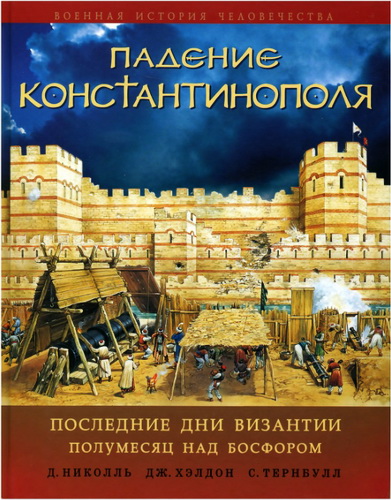
Burrus Virginia – Begotten Not Made – Conceiving Manhood in Late Antiquity
Graduate studies undertaken in Berkeley in the 1980s equipped me for professional play in that corner of church history known, rather pointedly, as “patristics.” Formed by a discipline that bore the very name of the Father(s), I resisted what seemed to me its most punishingly patriarchal practice: the study of authoritative theological doctrine. I found an ally—as well as an alibi—in the version of late Roman religious history frequently tagged “late antiquity” and particularly associated with the work of Peter Brown. Having already imbibed feminism at the subversive edges of my undergraduate classics curriculum, I also eagerly read the available writings of Elizabeth Clark and the few other women historians working on what we sometimes referred to (with both humor and a certain ferocity) as “matristics.” The approaches of social and cultural history promised to open up room for women and other “others” (historical and contemporary) in the field of ancient church history. Thus might an academic enterprise that had begun as the study of doctrine’s “Sitz im Leben” finally put the Fathers and their teachings in their place—possibly even cut them down to size. After all, they had been taking up almost all the space for a virtual eternity, and some of us were impatient for change.
This book on manhood and the Trinity, written as I approach my fortieth birthday, may expose my failure to live up to the aspirations of my twenties. Much as I have tried to elude their authority, the Fathers have continued to loom large in the view, and I seem destined to be a perversely loving daughter (even when equipped with cutting edges). Why not, then, surrender to destiny? I have asked myself. Wrapping the patristic authors tightly in a “context” has not, after all, diminished the sprawling literary body (evidently not yet a corpse) that remains at the center of ancient Christian historical studies. Thus, I have pursued a different strategy in these pages, encouraging the Fathers to grow and swell. I have let them overwhelm and engulf me. And then, with nowhere left to go, I have crawled into the skins of their lively and capacious texts. If I have brought my old interdisciplinary allies—“late antiquity” and “feminism”—inside with me, I am finally also ready to confide in them about the mysteries of doctrine buried in the heart of the patristic corpus, to which I am bound (as it now seems to me) by ties of desire as well as discipline.
Virginia Burrus – Begotten, Not Made – Conceiving Manhood in Late Antiquity
Stanford, California: Stanford University Press, 2000. – 260 p.
Virginia Burrus – Begotten, Not Made - Contents
Abbreviations
PROLOGUE: INTERDISCIPLINARY PLOTS
INTRODUCTION: THE LINEAGE OF LATE-ANTIQUE MAN
- Spectacle of Shamelessness: The Condemnation of Paul of Samosata
- Unseen Acts: Eusebius’s “Life of Origen”
- Veiled Truth: Lactantius’s On the Workmanship of God, 28. Anticipations
I. FATHERING THE WORD: ATHANASIUS OF ALEXANDRIA
- A Theory of the Subject: On the Incarnation of the Word, 40. Essential Masculinities: Orations Against the Arians, 47. Staging the Fathers Council: The Apologetic Works
- The City a Desert: The Life of Antony, 68. Revaluing the Father
2. A SON’S LEGACY: GREGORY OF NYSSA
- This Sex Which Is (N)one: On Virginity
- The Sword of the Word: Against Eunomius I
- In a Different Voice: On the Soul and the Resurrection
- Love Without Limit: The Life of Moses
- Sexing the Son
3. SPIRITED ADVOCACY: AMBROSE OF MILAN
- The Daughter’s Seduction: On Virgins
- Reproducing Orthodoxy: On the Faith and On the Spirit
- Making Modest Men: On the Duties
- Embodying the Spirit
THEOLOGICAL CONCLUSION
Notes
Bibliography
Index
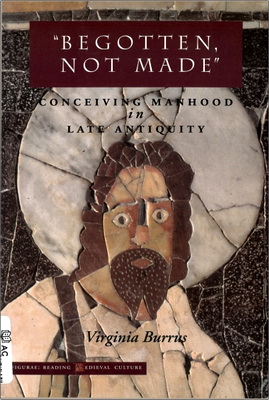
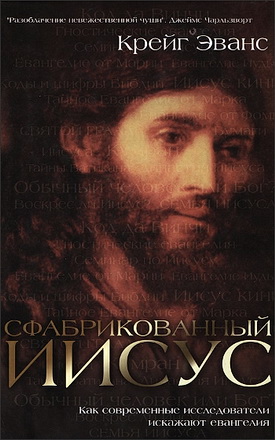
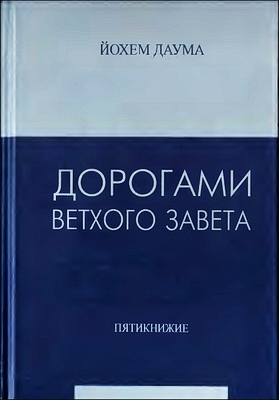
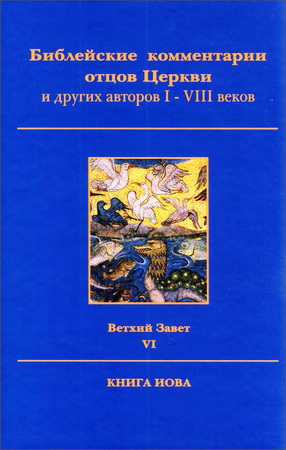
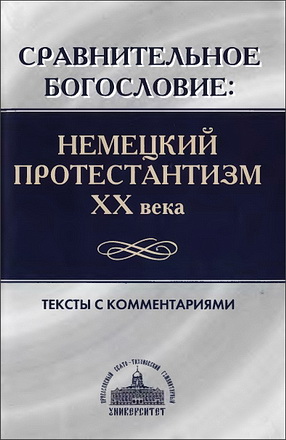
Комментарии
Пока нет комментариев. Будьте первым!